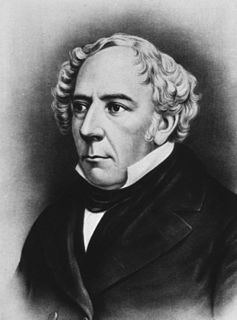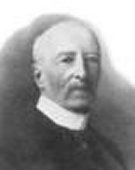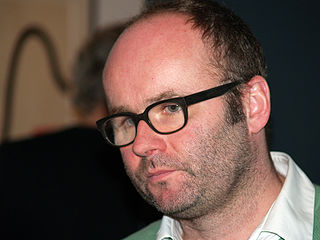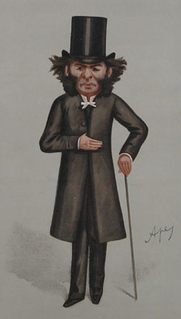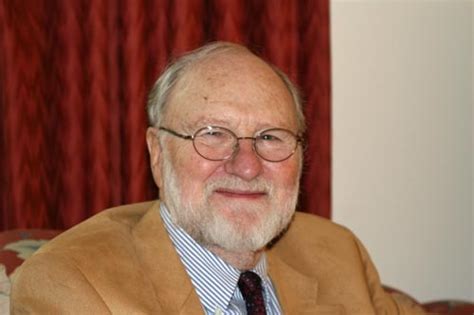A Quote by Sir William Hamilton, 9th Baronet
Logic is the science of the laws of thought, as thought,--that is of the necessary conditions to which thought considered in itself is a subject.
Quote Topics
Related Quotes
In [Aristotle's] formal logic, thought is organized in a manner very different from that of the Platonic dialogue. In this formal logic, thought is indifferent toward its objects. Whether they are mental or physical, whether they pertain to society or to nature, they become subject to the same general laws of organization, calculation, and conclusion - but they do so as fungible signs or symbols, in abstraction from their particular "substance." This general quality (quantitative quality) is the precondition of law and order - in logic as well as in society - the price of universal control.
The laws of thought are natural laws with which we have no power to interfere, and which are of course not to be in any way confused with the artificial laws of a country, which are invented by men and can be altered by them. Every science is occupied in detecting and describing the natural laws which are inflexibly observed by the objects treated in the Science.
The conditions of a true critique and a true creation are the same: the destruction of an image of thought which presupposes itself and the genesis of the act of thinking in thought itself. Something in the world forces us to think. This something is an object not of recognition but of a fundamental encounter
Thought is not what inhabits a certain conduct and gives it its meaning; rather, it is what allows one to step back from this way of acting or reacting, to present it to oneself as an object of thought and to question it as to its meaning, its conditions, and its goals. Thought is freedom in relation to what one does, the motion by which one detaches from it, establishes it as an object, and reflects on it as a problem.
Thought as such… is an act of negation, of resistance to that which is forced upon it; this is what thought has inherited from its archetype, the relation between labor and material. Today, when ideologues tend more than ever to encourage thought to be positive, they cleverly note that positivity runs precisely counter to thought, and that it takes friendly persuasion by social authority to accustom thought to positivity.
It is difficult to remove by logic an idea not placed there by logic in the first place. By nature, we are emotional creatures. Often we live and react based on feelings, not logic. Feelings are wonderful, but when we become tied to a particular thought or belief we tend to ignore the fact that change might be necessary.
